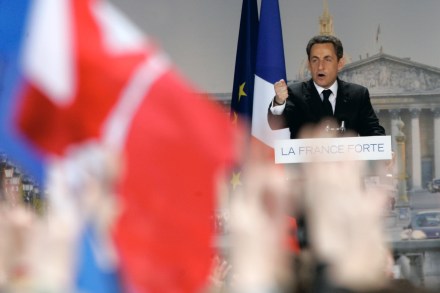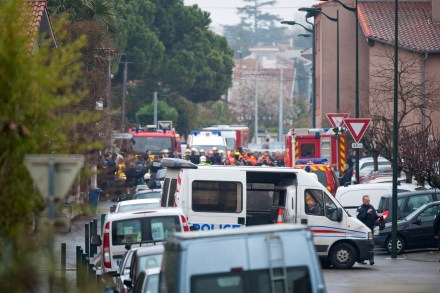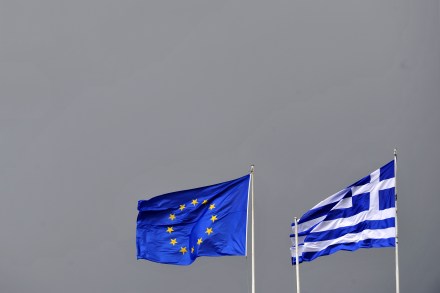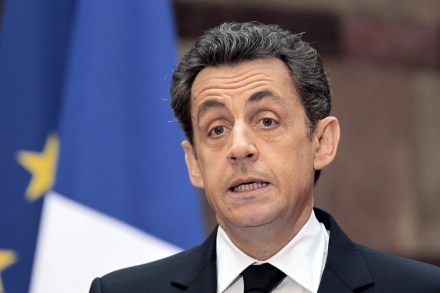Why Sarko is worth a punt…
Call me crazy, but I’ve just bet on Nicolas Sarkozy to win the French election. I am not convinced he will — Hollande is rightly the favourite — but at 5/1, Sarko is well worth a punt, I reckon. As Gideon Rachman notes, last night’s first round was by no means a disaster for Sarko. In fact, given the extent of anti-Sarko sentiment throughout France, he did remarkably well. In the end, Hollande only beat him by about 1.5 per cent. Yes, no French president has ever failed to win the first round before, and the statistics are all against the incumbent. But that need not stop Sarkozy. He has

















